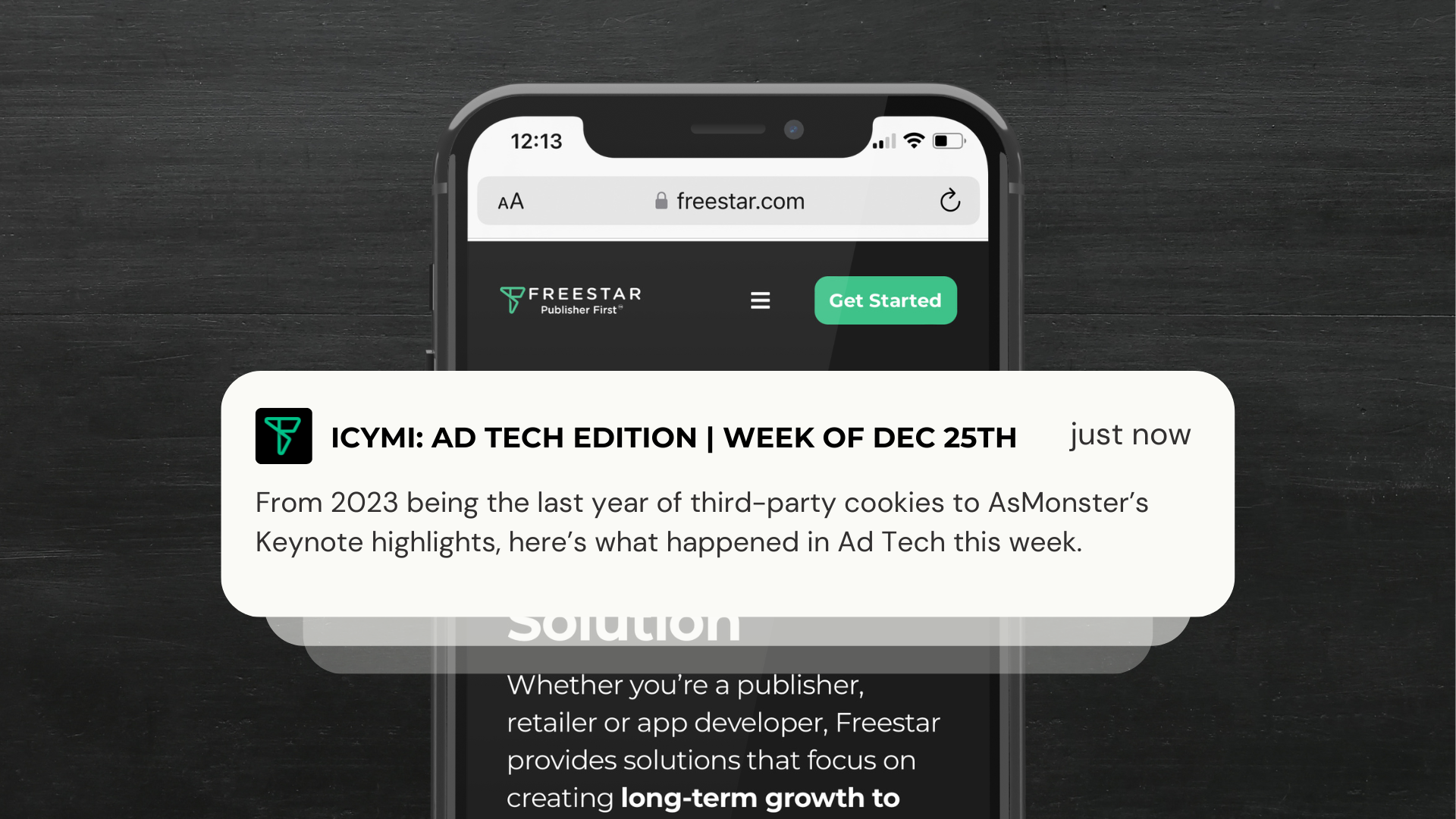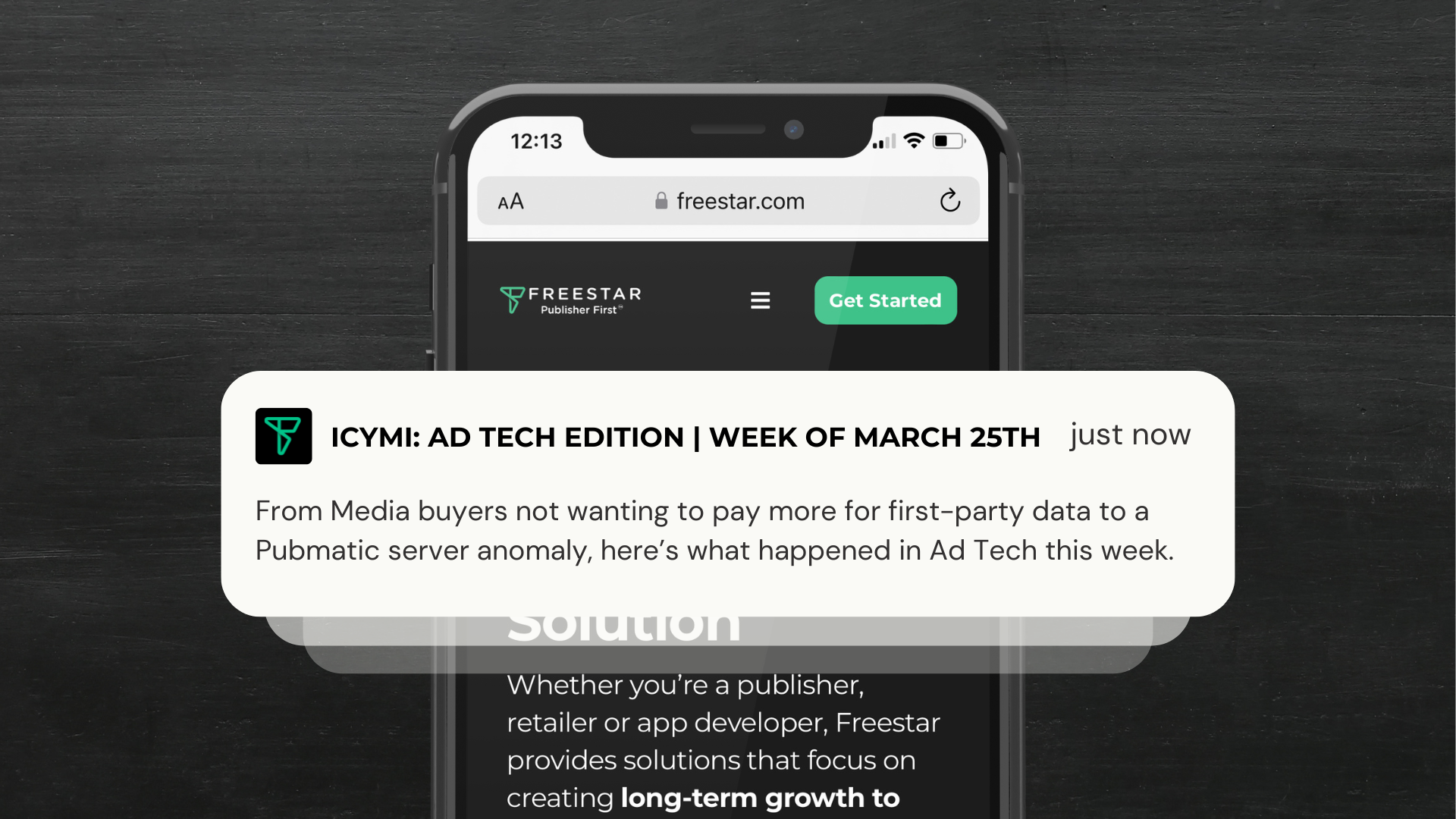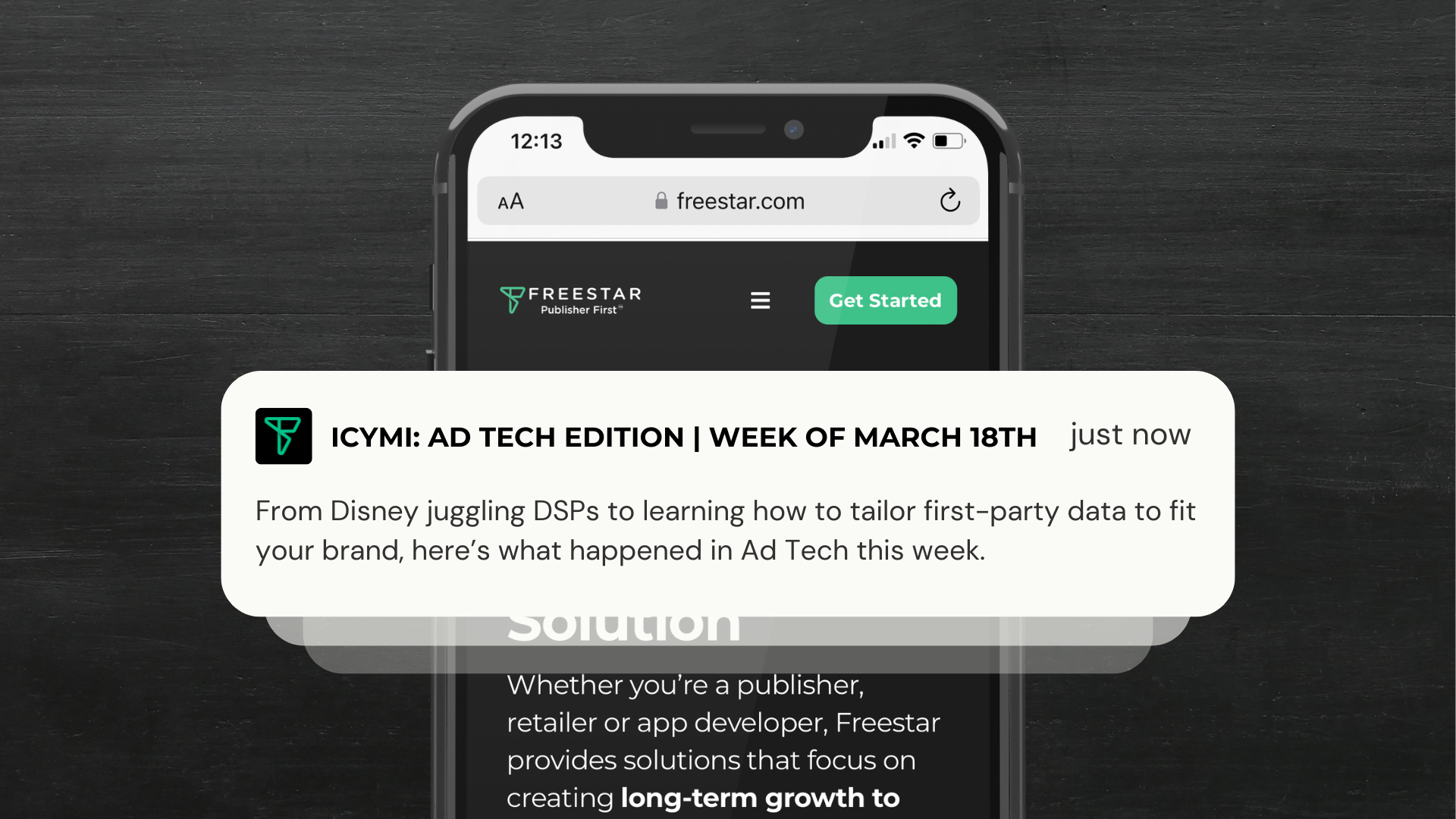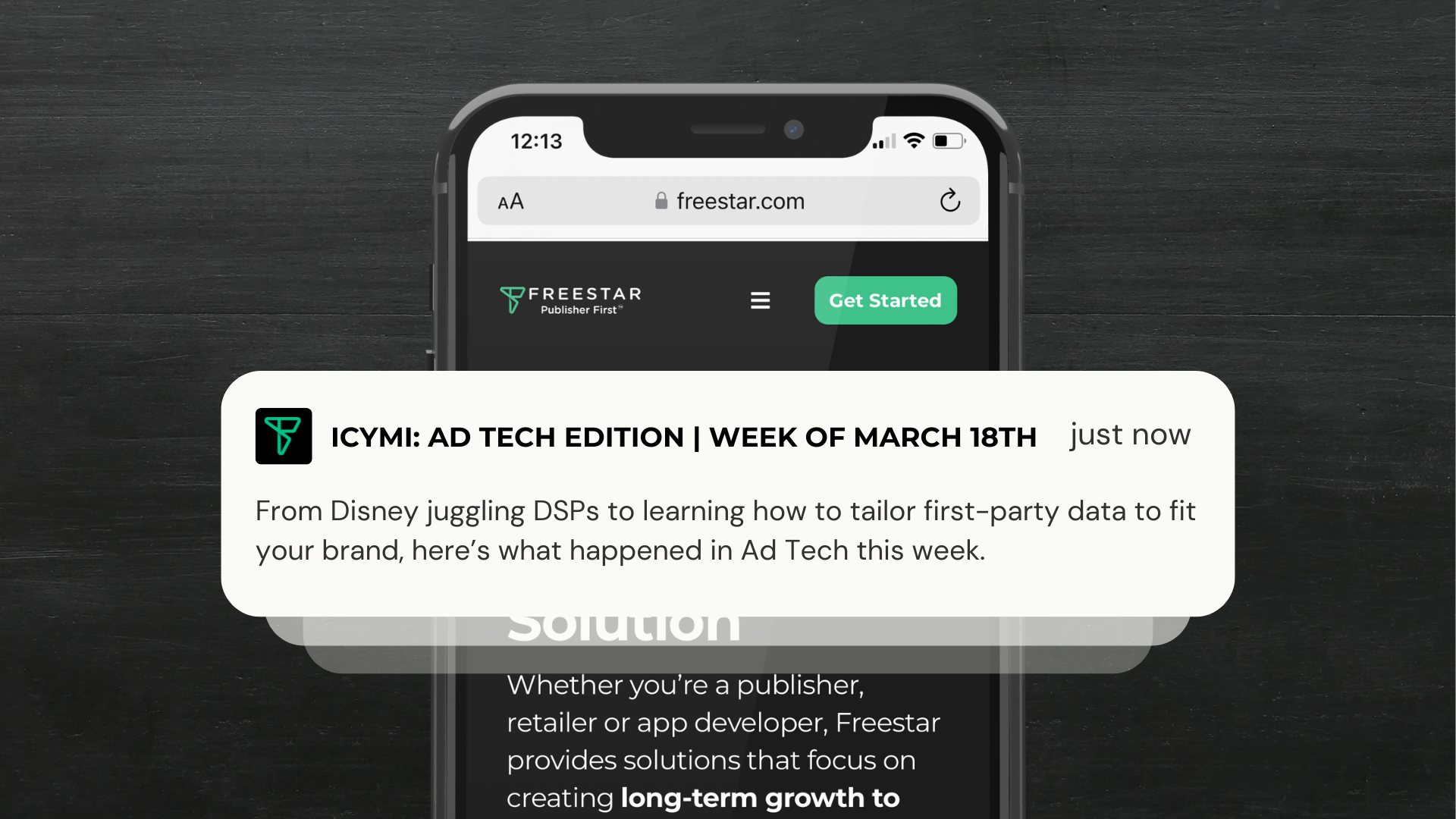Bits and Bobs from around the industry:
In the Spotlight: AdMonsters’ Keynotes of 2023
AdMonsters’ conferences in 2023 featured impactful keynotes that addressed significant shifts in the ad tech industry. The events covered various topics, offering insights and guidance for ad ops professionals. Here’s a summary of the keynotes from different AdMonsters conferences:
PubForum Miami:
– Podcasting and Brand Safety: Maria Breza, SXM Media, discussed the transformation of brand safety in podcasting, emphasizing the need for defining and managing adjacency in streaming environments.
– Minority Report Podcast Live: Kerel Cooper, Erik Requidan, and Chris Contreras explored leadership in digital media and ad tech, highlighting the importance of cultivating a positive atmosphere for professional growth.
– Bloomberg’s Approach: Janelle F. Faulk, Bloomberg, focused on the power of first-party data platforms, enabling personalized advertising at scale while maintaining audience trust.
AdMonsters Ops (New York):
– Calling BS on Identity: Shiv Gupta, U of Digital, delved into the identity conversation in ad tech, highlighting the challenges and discrepancies in proposed solutions.
– Redefining Success: Christena Pyle, dentsu Americas, discussed the importance of equal access to opportunities and changing hiring practices for diversity in the workplace.
– Ad Tech and the Environment: Brian O’Kelley, Scope3, and Shoshana Wodinsky explored the environmental impact of ad tech, seeking a balance between business and environmental sustainability.
– AI in Media Buying and Selling: Mark Sturino, Good Apple, discussed the role of AI in publisher selection, emphasizing the shift from flashy presentations to a focus on actual performance results.
PubForum Coronado:
– Audience Targeting in a Cookieless World: Dr. Jon Roberts, Dotdash Meredith, emphasized the industry’s need to adapt to non-identity-based targeting and measurement in preparation for the cookie’s deprecation.
– Ad Tech Lessons from a Publisher: “Grouchy” Greg Watkins, AllHipHop.com, shared insights from 25 years as a publisher, highlighting the potential for direct relationships with consumers through internet advertising.
– Growing Your Career Through Rev Ops Ranks: Rachael Savage and Brooke Edwards-Plant discussed the importance of resourcefulness and problem-solving skills in ad ops careers.
PubForum New Orleans:
– Forbes’ First-Party Data Platform: Alyson Williams, Forbes, discussed leveraging first-party data to create engaging and relevant content while understanding audience consumption.
– AdTechGod’s Commandments for CTV: AdTechGod provided commandments for effective CTV monetization, emphasizing audience knowledge, data usage transparency, and compliance with privacy rules.
– Buy Side’s Perspective on Incremental Spend: Jay Friedman, Goodway Group, explored the challenges of measuring effectiveness in a cookie-deprived market and emphasized the importance of technical knowledge and storytelling in conveying results.
These keynotes covered a range of crucial topics, providing valuable insights into the evolving landscape of ad tech in 2023.
Why Supply-Side Platform Fill Rate Is Just 1%
In the programmatic advertising ecosystem, bid requests sent by supply-side platforms (SSPs) to advertisers face an overwhelmingly low response rate, with the standard fill rate being 1%. This indicates that only 1% of bid requests from SSPs receive a bid from advertisers or their buy-side tech partners. The extensive duplication of bid requests across multiple SSPs, particularly since the introduction of header bidding, has led to inefficiencies in the programmatic supply chain.
The bid request inefficiency is part of a broader concern about the chaotic state of monetizing the open web, which is estimated at $88 billion. The proliferation of supply paths, coupled with the impending deprecation of third-party cookies, further complicates the landscape. The Association of National Advertisers found that, on average, advertisers use 19 SSPs, contributing to the inefficiencies in the programmatic supply chain.
While the high number of unanswered bid requests does not pose an existential crisis for open web publishers, it highlights the need for optimization in the programmatic supply chain. The bid request metric is crucial for the economics of SSPs, indicating their fill rate and profitability. As the industry grapples with signal loss due to the deprecation of third-party cookies, there is a growing need for innovation and differentiation among SSPs.
The mature and commoditized nature of open web auctions, where SSPs compete based on delivering the cheapest CPM (cost per thousand impressions), is contributing to the lack of innovation in the space. As the industry faces dwindling supply and signal loss, particularly with Apple’s rejection of third-party cookies and Google’s impending deprecation in Chrome, there is a call for increased differentiation among SSPs and a search for alternatives to address the challenges in the programmatic advertising landscape.





